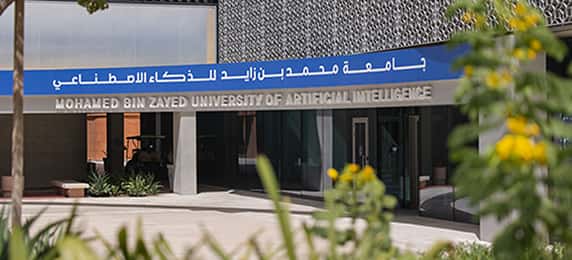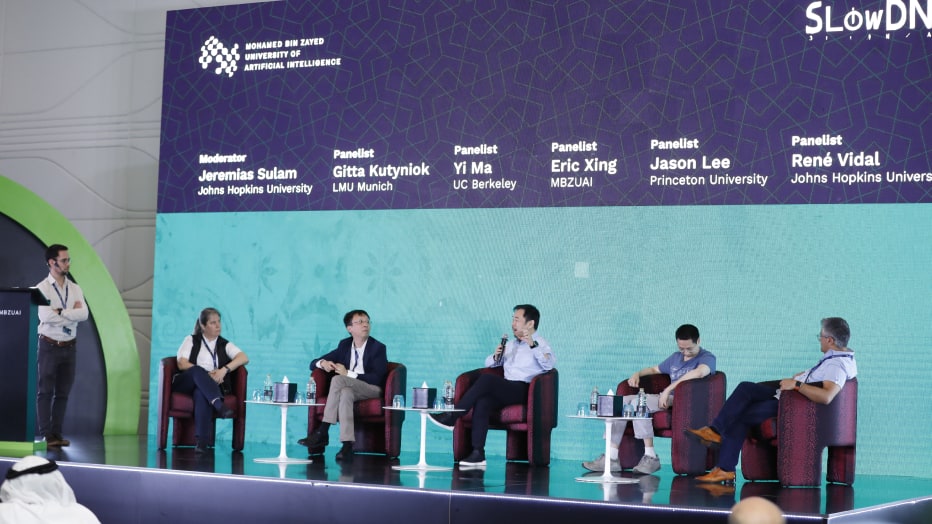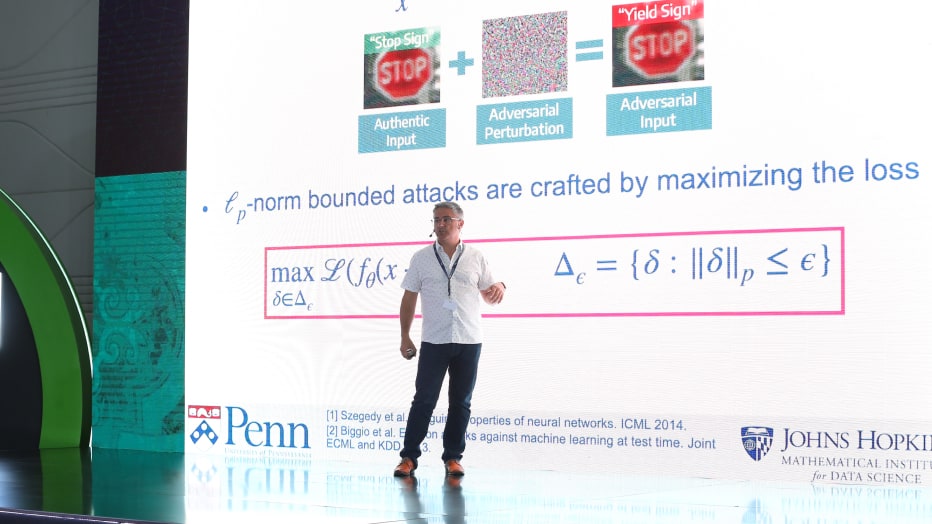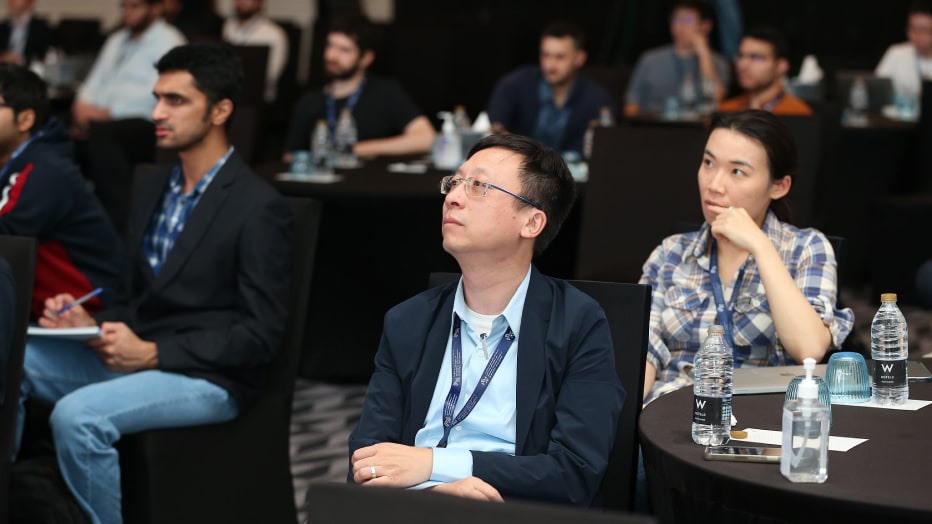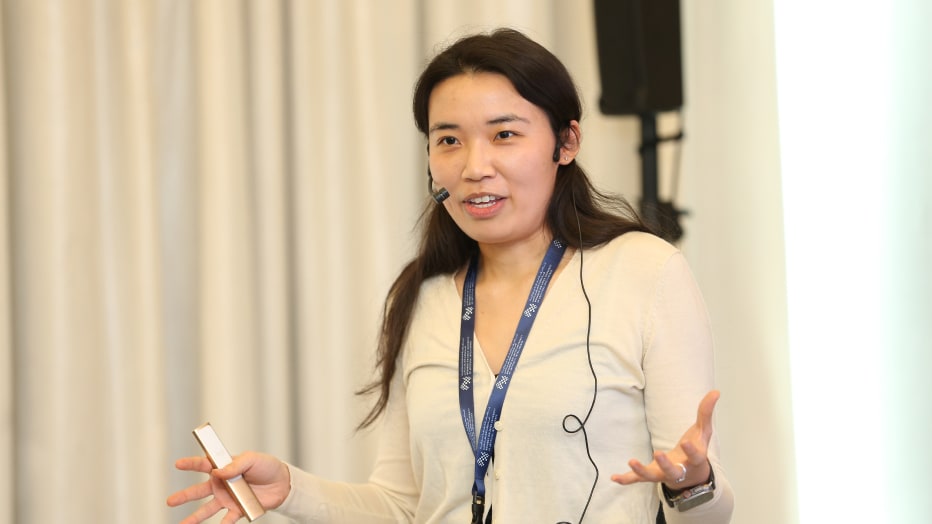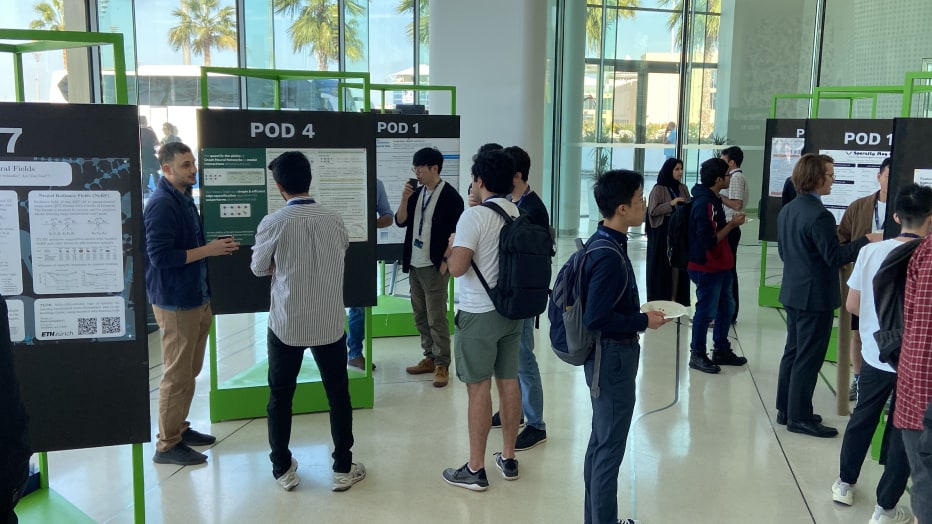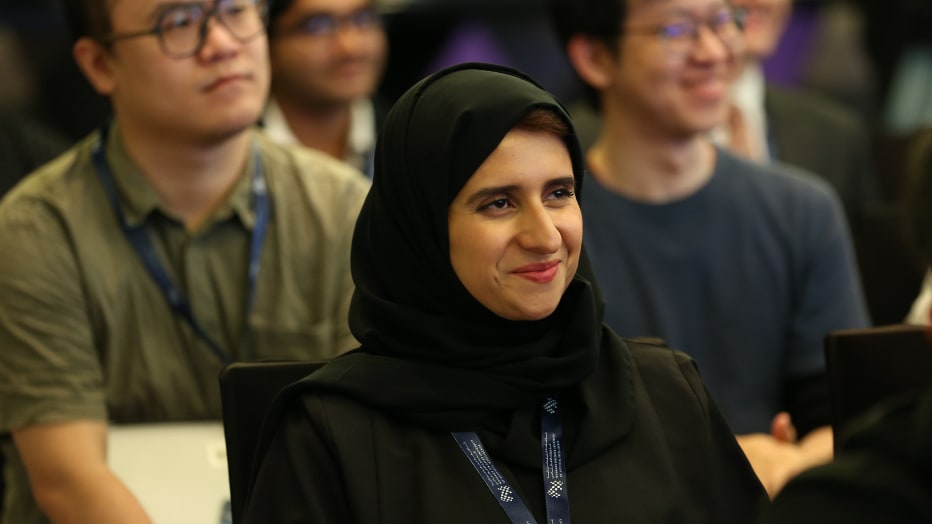
MBZUAI Nexus Speaker Series

Hosted by: Prof. Eduard Gorbunov
"Optimization remains a crucial driver of progress in modern machine learning: it governs whether large models train reliably and how efficiently they use compute. This talk examines Muon, a geometry-aware alternative to AdamW that replaces element-wise adaptation with layer-wise, matrix-aware updates—an opportunity to reimagine optimization for deep learning in a way that better matches practice and respects network structure. In large-scale practice, Muon has begun to displace AdamW, offering stronger performance, better hyperparameter transferability, and lower memory overhead across LLMs, diffusion, and vision models. We aim to advance our understanding of deep learning through the lens of optimization, grounding the analysis in how these methods are actually used. I will present Gluon, a unifying, layer-aware framework together with a more general, geometry-based model that captures the heterogeneous behavior of deep networks across layers and along training trajectories. Gluon reimagines optimization for deep learning by replacing uniform, global assumptions with a per-layer description that tracks training dynamics and respects network structure. Measured during language-model training, this model closely tracks observed smoothness and reveals pronounced variation across layers and blocks—phenomena that classical assumptions miss. The framework yields convergence guarantees under these broader conditions and helps explain when structured, per-layer methods can outperform classical approaches. Building on this lens, I then move from the idealized analysis of Muon to the practical, approximate version used in codebases, where orthogonalization is performed using a few Newton–Schulz iterations rather than an expensive full SVD, moving beyond prior analyses of the idealized SVD step to explicitly model the inexact iteration used in practice. Our theory predicts that better approximations lead to better performance (faster convergence), and in practice they permit larger learning rates and widen the stability region. Taken together, these results reduce the theory–practice gap for geometry-aware methods."
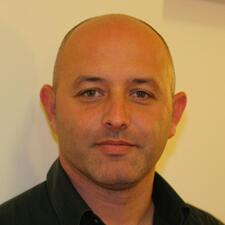
Hosted by: Prof. Nataša Pržulj
"Analysis of heterogeneous multivariate time-stamped data is one of the most challenging topics in data science in general, relevant to various problems in real-life longitudinal data in many domains, such as cybersecurity, healthcare, predictive maintenance, sports, and more. Timestamped data can be sampled regularly, commonly by electronic means, but also irregularly, often made manually, common in biomedical data, whether intense as in ICU or sparse as in Electronic Health Records (EHR). Additionally, raw temporal data can represent durations of a continuous or nominal value represented by time intervals. Transforming time point series into meaningful symbolic time intervals using temporal Absorption will be presented to bring all the temporal variables, which have various representations, into a uniform representation. Then, KarmaLego (IEEE ICDM 2015), or TIRPClo (AAAI 2021, DMKD 2023), fast time intervals mining algorithms for the discovery of non-ambiguous Time Intervals Related Patterns (TIRPs) represented by Allen's temporal relations, will be introduced. TIRPs can be used for several purposes: temporal knowledge discovery or as features for the classification of heterogeneous multivariate temporal data (KAIS 2015), and with increased accuracy when using the Temporal Discretization for Classification (TD4C) method (DMKD 2015). In this talk, I will refer to our recent developments and publications in faster TIRPs mining, visualization of TIRPs discovery (JBI 2022, Cell/Patterns, 2025), and the very recent novel use of TIRPs for event’s continuous prediction (SDM 2024, ML 2025) based on the continuous prediction of a pattern’s completion, and more."
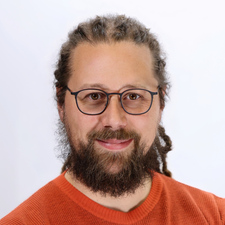
Hosted by: Prof. Eduard Gorbunov
Federated learning has emerged as an important paradigm in modern distributed machine learning. Unlike traditional centralized learning, where models are trained using large datasets stored on a central server, federated learning keeps the training data distributed across many clients, such as phones, network sensors, hospitals, or other local information sources. In this setting, communication-efficient optimization algorithms are crucial. We provide a brief introduction to local update methods developed for federated optimization and discuss their worst-case complexity. Surprisingly, these methods often perform much better in practice than predicted by theoretical analyses using classical assumptions. Recent years have revealed that their performance can be better described using refined notions that capture the similarity among client objectives. In this talk, we introduce a generic framework based on a distributed proximal point algorithm, which consolidates many of our insights and allows for the adaptation of arbitrary centralized optimization algorithms to the convex federated setting (even with acceleration). Our theoretical analysis shows that the derived methods enjoy faster convergence if the degree of similarity among clients is high. We conclude with a discussion of extensions and open challenges for non-convex objectives and for scaling federated learning to modern large models.

Hosted by: Prof. Preslav Nakov
"The deployment of large language models at scale presents fundamental challenges in computational efficiency, system architecture, and resource allocation. In this talk, I present a comprehensive research agenda addressing these challenges through three interconnected contributions that span the full stack of LLM system optimization. First, I introduce Archon, a modular multi-agent framework that achieves state-of-the-art performance by orchestrating specialized LLMs through automated agent selection and inference-time fusion. Our system demonstrates a 15.1 percentage point improvement over GPT-4o on MT-Bench, establishing new state-of-the-art performances for multi-agent architectures while maintaining computational tractability through strategic model selection algorithms. Second, I present Weaver, a framework that addresses the critical challenge of verifying LLM-generated responses at test time. By combining multiple weak verifiers—including reward models and LM judges—through weak supervision techniques adapted from data labeling, Weaver significantly improves response selection without requiring ground truth labels. Our system achieves 87.7% average accuracy across reasoning and mathematics tasks, matching the performance of OpenAI's o3-mini with a non-reasoning Llama 3.3 70B model. Through distillation to a 400M-parameter cross-encoder, we retain 98.2% of Weaver's performance gains while reducing verification compute by 99.97%, demonstrating how strategic aggregation of imperfect verifiers can enable scalable, label-efficient verification for inference-time decision-making. Finally, I introduce TrafficBench, the first comprehensive benchmark for local-cloud LLM routing, comprising 1M real-world queries evaluated across 10 models and 4 hardware accelerators. Our analysis reveals that 80.7% of production inference workloads can be served by sub-20B parameter models on edge devices. Leveraging these insights, we develop novel routing algorithms that reduce energy consumption by 77%, computational requirements by 67%, and operational costs by 60% while maintaining task accuracy within 5% of frontier models. These contributions collectively demonstrate how principled system design can transform the deployment landscape of large language models, making them simultaneously more capable, efficient, and accessible for real-world applications."

Hosted by: Prof. Elizabeth Churchill
"Designing the next generation of human-computer interactions requires a deeper understanding of how cognition unfolds in context, shaped not only by the user’s mental and bodily states but also by their dynamic interaction with the surrounding environment. In this talk, I present a research agenda that brings together cognitive neuroscience, brain-computer interfaces (BCIs), and wearable sensing to inform the design of ubiquitous, adaptive, and unobtrusive interactive systems. Using tools such as mobile EEG, eye-tracking, motion sensors, and environment-aware computing, my work investigates how people perceive, act, and make decisions in natural settings, from high-load operational tasks such as flying a plane to everyday behaviors like walking around a city or eating a meal. This approach moves beyond screen-based interaction to develop systems that respond to users in real time, based on the continuous coupling between brain, body, and environment. By embedding cognitive and contextual awareness into system design, we can move toward calm, seamless technologies that adapt fluidly to the user’s moment-to-moment needs."
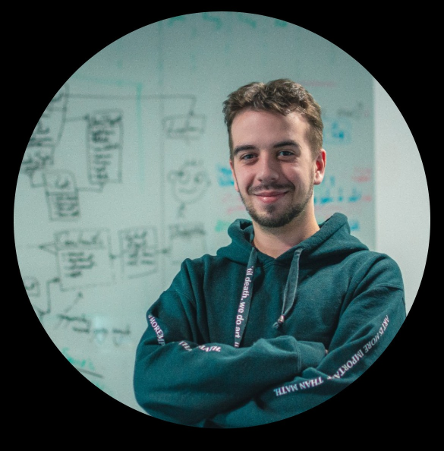
Hosted by: Prof. Natasa Przulj
The rapid growth of open-access omics data has enabled large-scale exploration of cellular states across species, tissues, and molecular modalities. Building on these resources, cellular foundation models use self-supervised learning to derive general cell representations that can be adapted to diverse downstream biological tasks, including the prediction of responses to chemical and genetic perturbations. This presentation reviews their use in modeling cellular perturbations, describing common learning frameworks, data requirements, and evaluation practices, as well as key challenges specific to single-cell data. We note emerging gaps between reported results and standardized evaluations, which highlight persistent issues in how performance is quantified across studies and benchmarks. Overall, this presentation provides an overview of the current landscape of single-cell foundation models, emphasizing both their progress and limitations in capturing perturbation-specific responses.
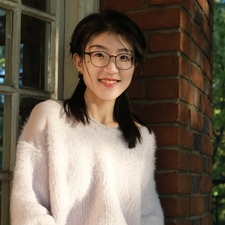
Hosted by: Prof. Preslav Nakov
To move beyond tools and towards true partners, AI systems must bridge the gap between perception-driven deep learning and knowledge-based symbolic reasoning. Current approaches excel at one or the other, but not both, limiting their reliability and preventing us from fully trusting them. My research addresses this challenge through a principled fusion of learning and reasoning, guided by the principle of building AI that is "Trustworthy by Design." I will first describe work on embedding formal logic into neural networks, creating models that are not only more robust and sample-efficient, but also inherently more transparent. Building on this foundation, I will show how neuro-symbolic integration enables robots to reason about intent, anticipate human needs, and perform task-oriented actions in unstructured environments. Finally, I will present a novel training-free method that leverages generative models for self-correction, tackling the critical problem of hallucination in modern AI. Together, these contributions lay the groundwork for intelligent agents that can be instructed, corrected, and ultimately trusted, agents that learn from human knowledge, adapt to real-world complexity, and collaborate seamlessly with people in everyday environments.


 December 15 – 18, 2025 — MBZUAI Reception at International Conference on Statistics and Data Science (ICSDS) 2025
December 15 – 18, 2025 — MBZUAI Reception at International Conference on Statistics and Data Science (ICSDS) 2025 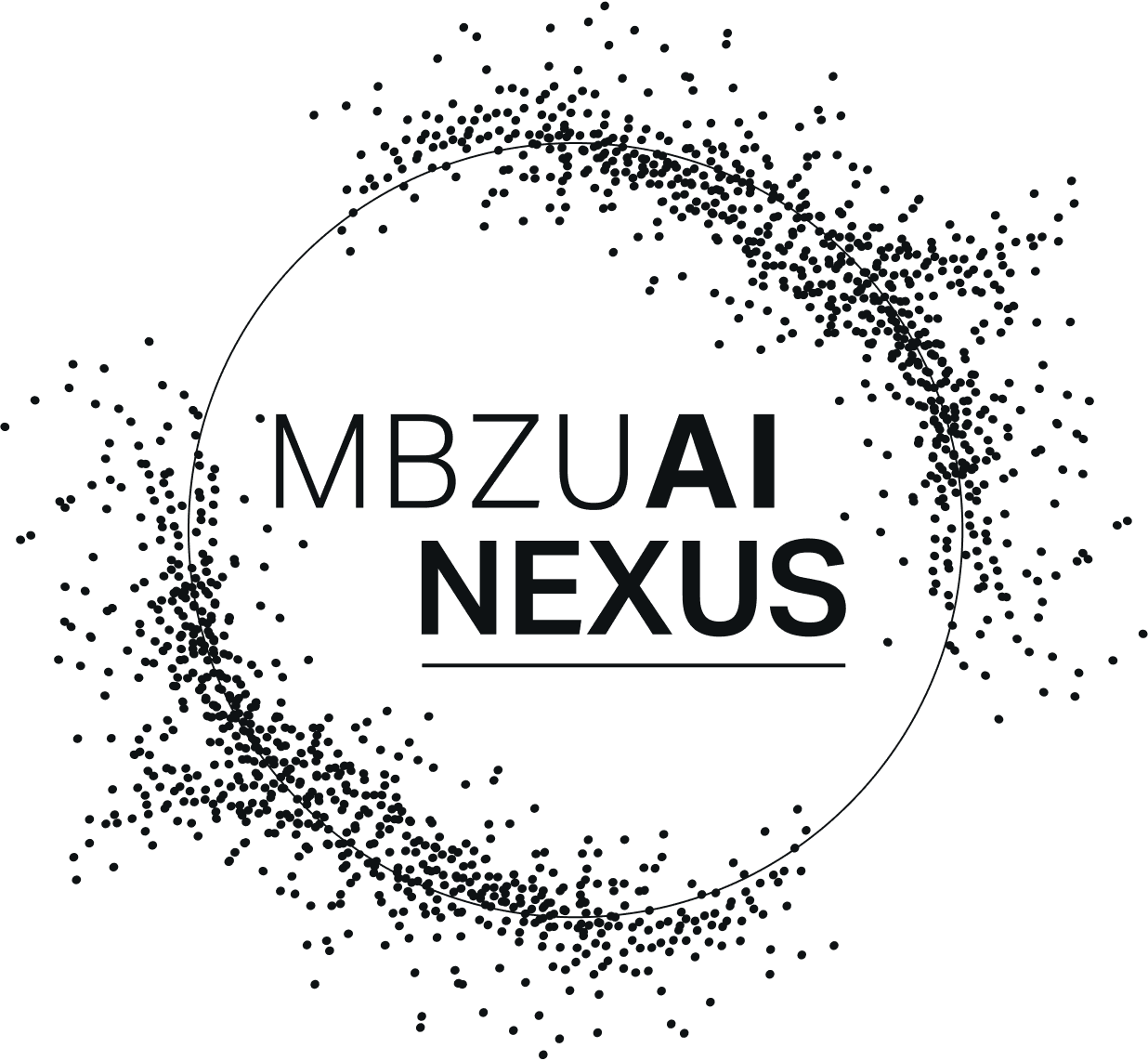

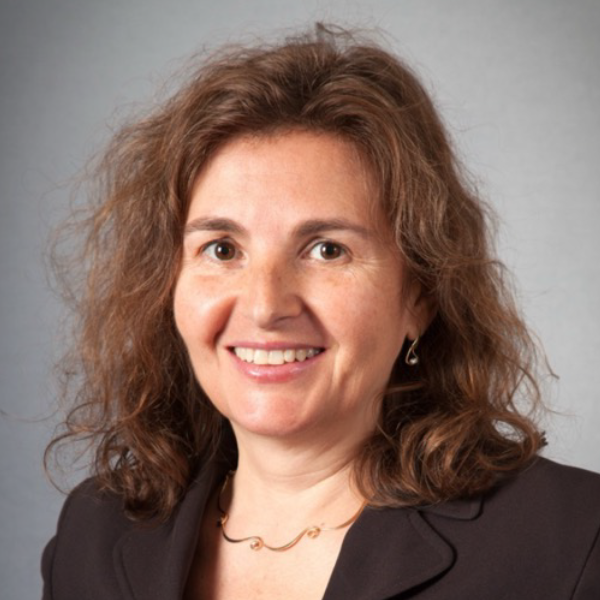
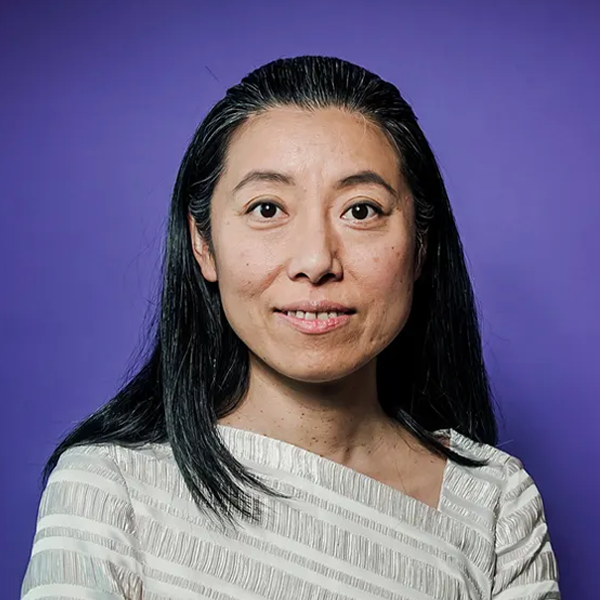
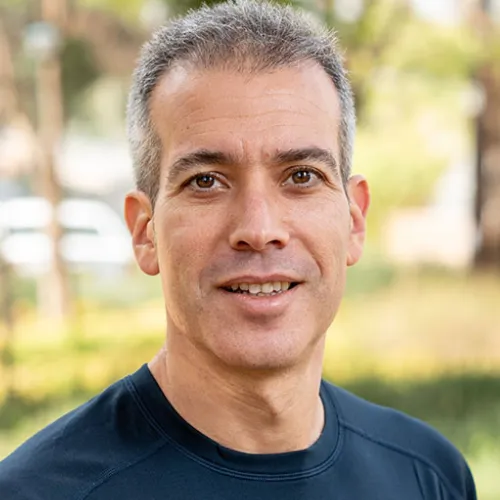
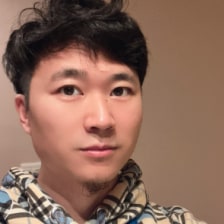
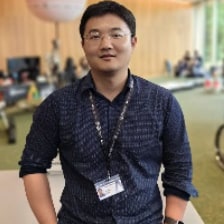
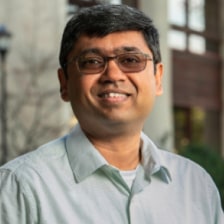
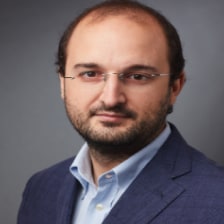
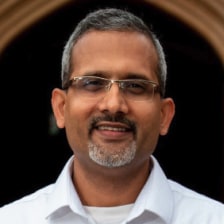
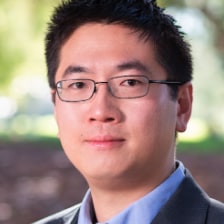
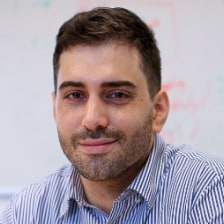
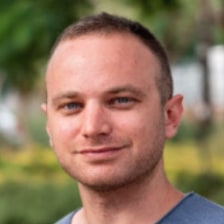
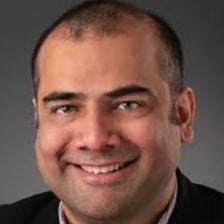
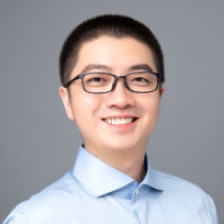
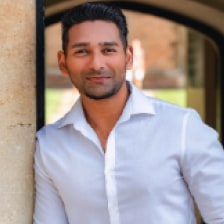




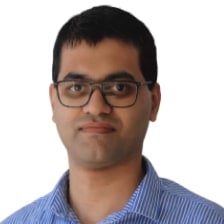
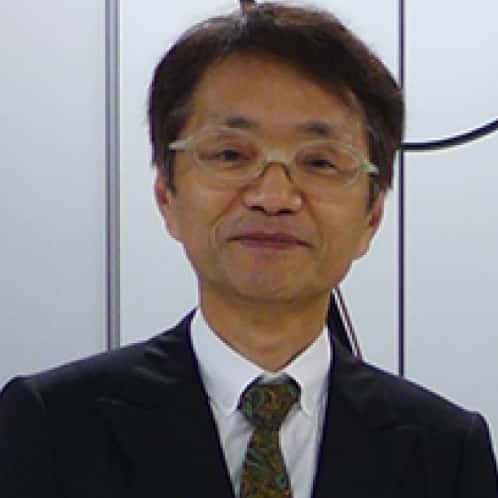

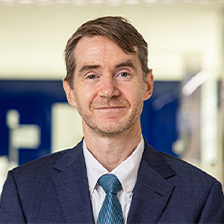
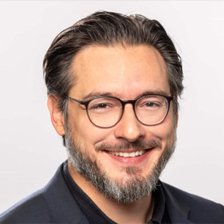
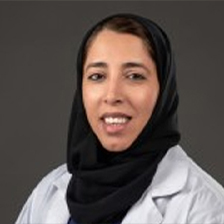
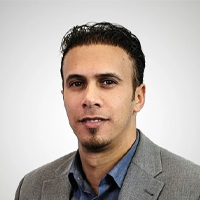
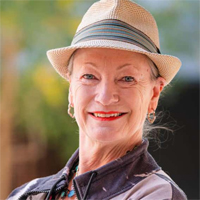

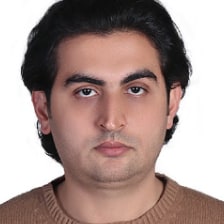
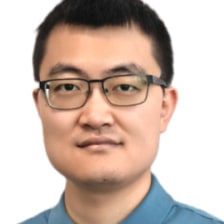
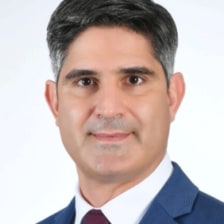
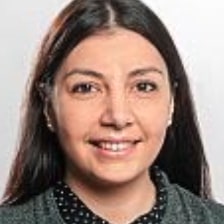
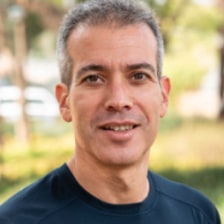

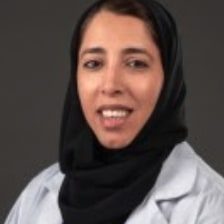

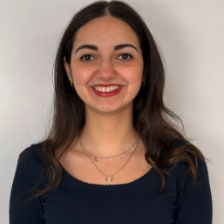
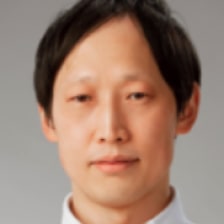
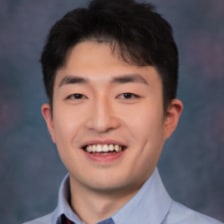


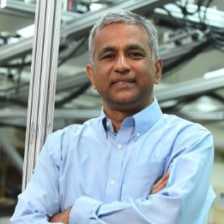
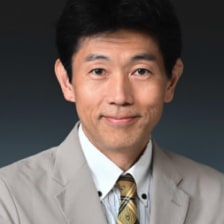


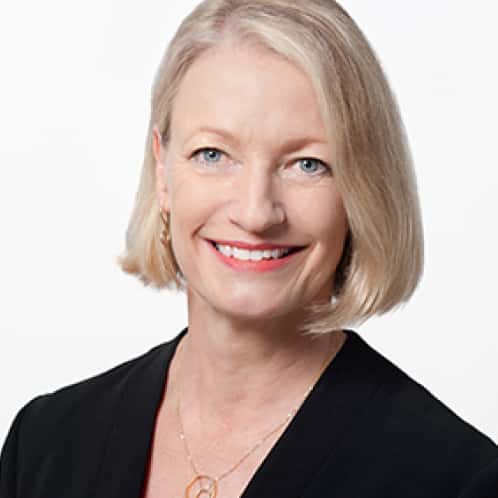
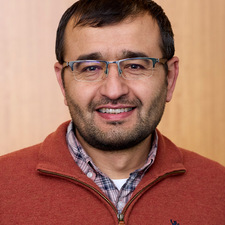
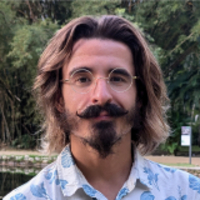

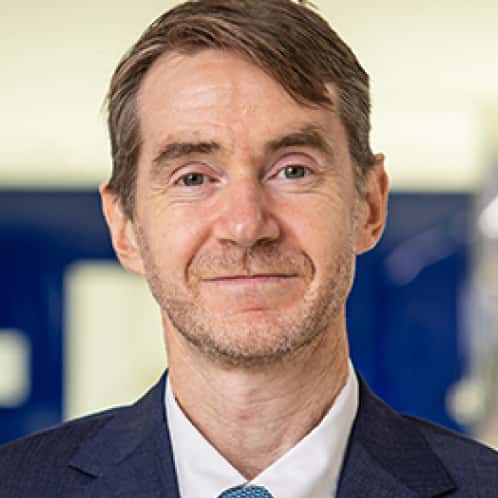
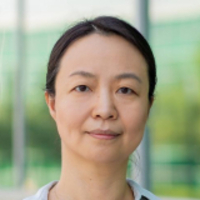
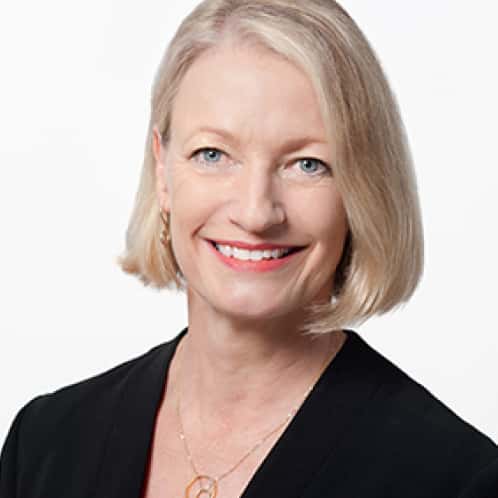
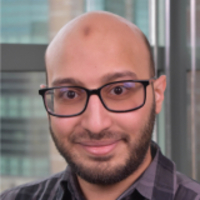


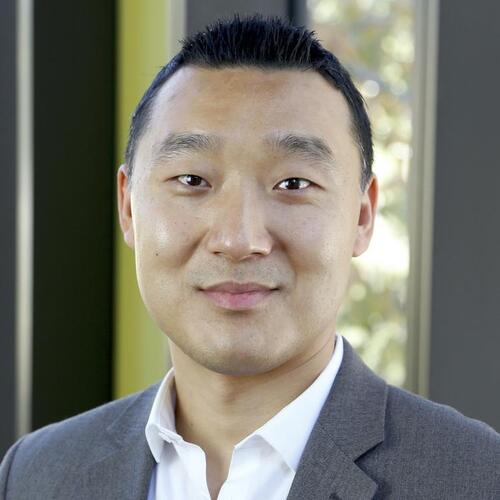
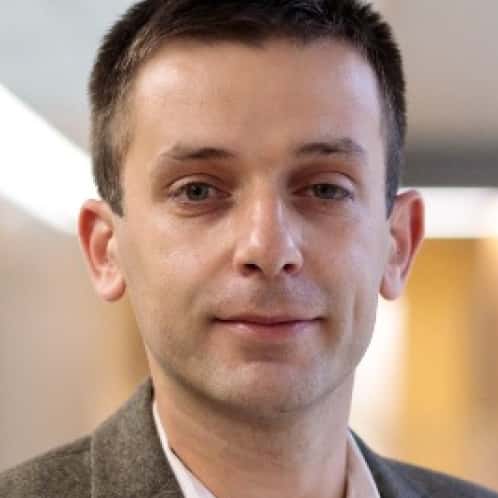
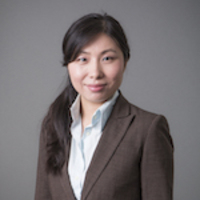
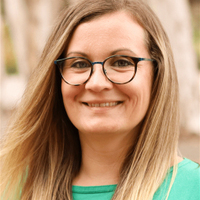
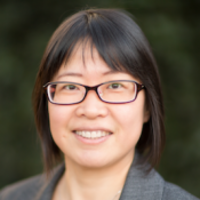
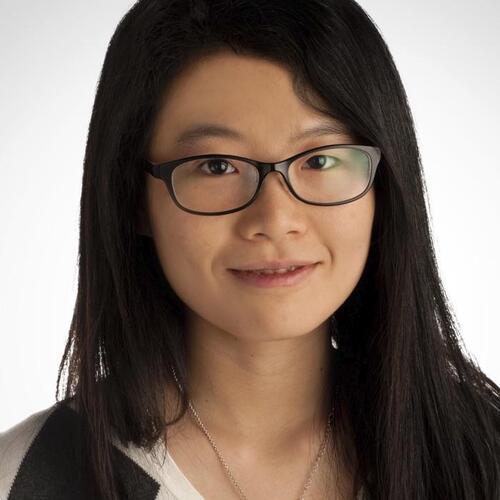

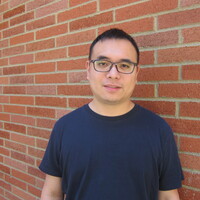

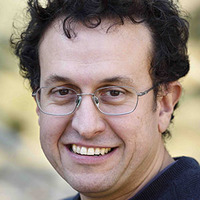
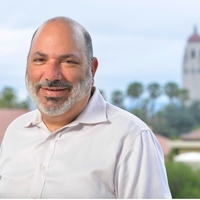

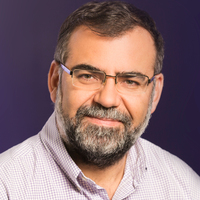



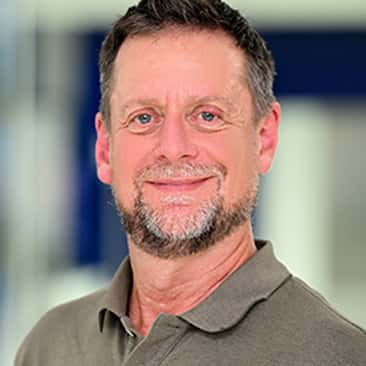

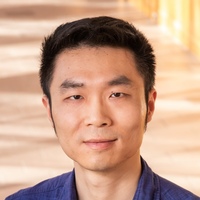
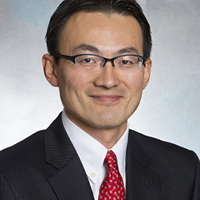

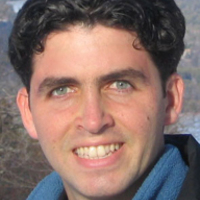
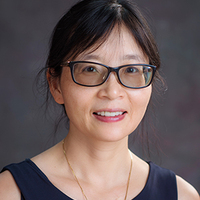


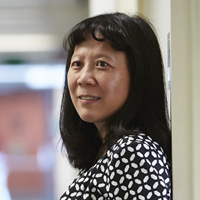
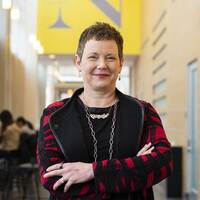
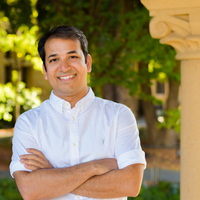


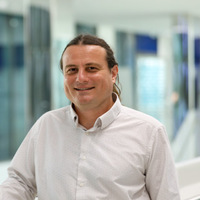
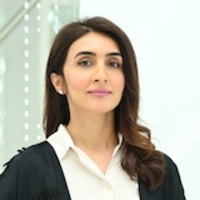


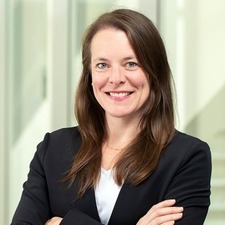
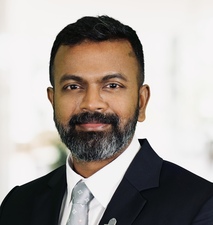

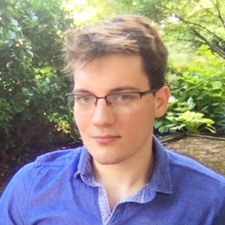
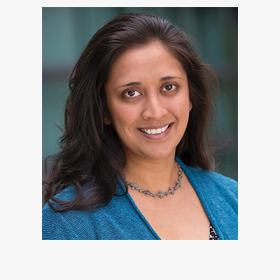
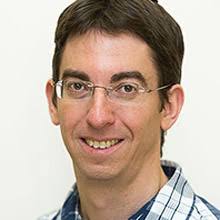
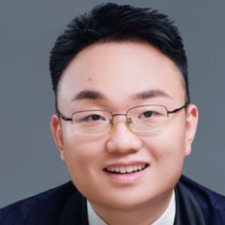
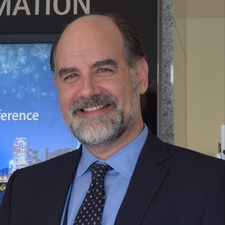
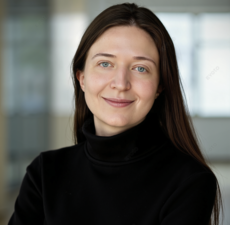


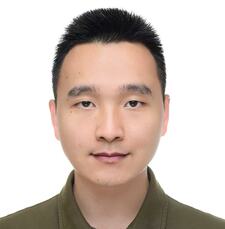



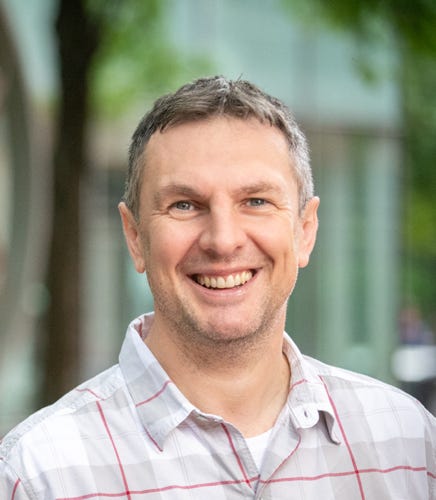





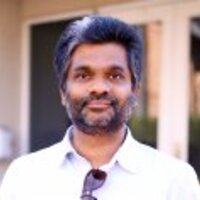

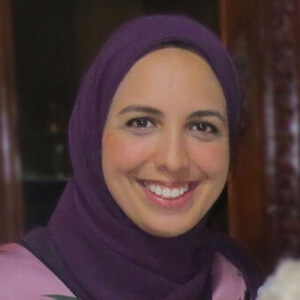

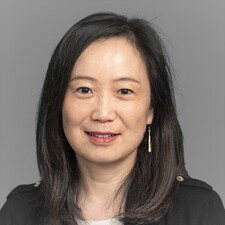
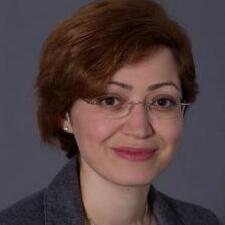

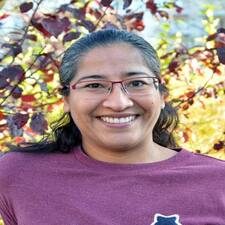

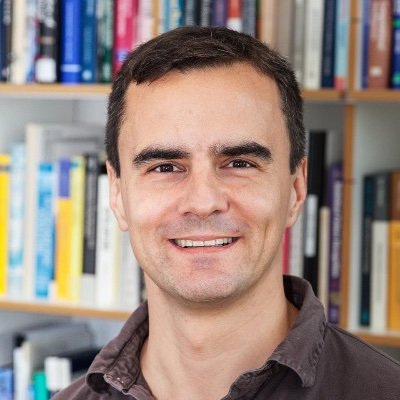


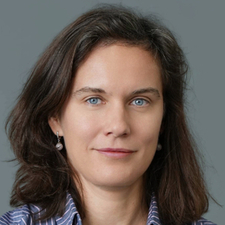



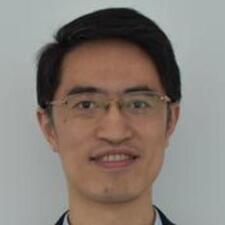
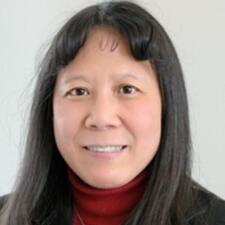

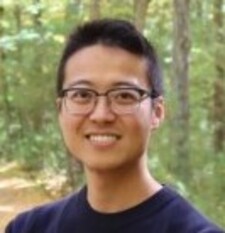



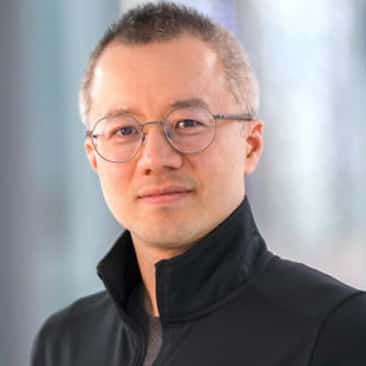

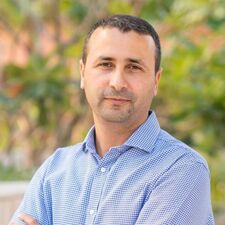

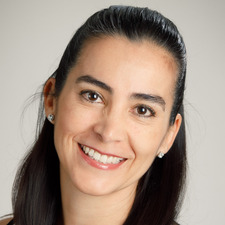
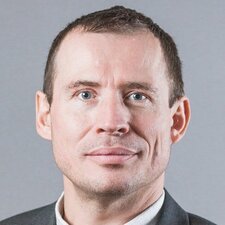

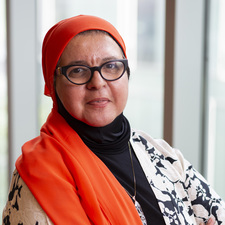

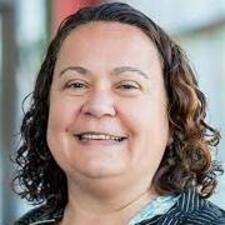

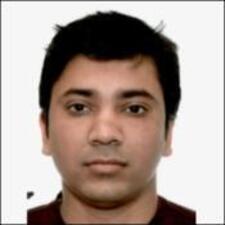
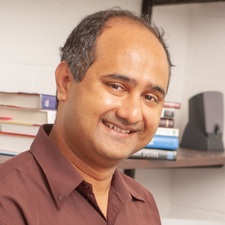
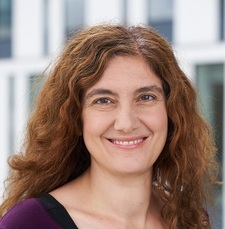
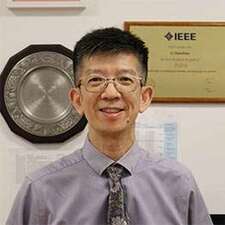


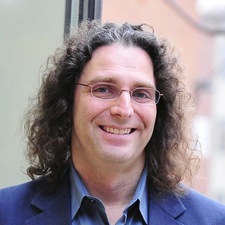



 Hangzhou, China
Hangzhou, China  Sharm El Sheikh, Egypt
Sharm El Sheikh, Egypt  Rotterdam, Netherlands
Rotterdam, Netherlands  Vienna, Austria
Vienna, Austria  United Kingdom
United Kingdom  Vancouver, Canada
Vancouver, Canada 